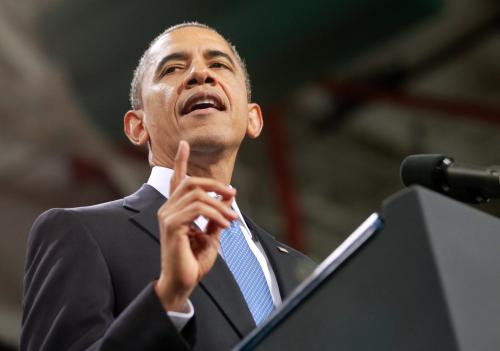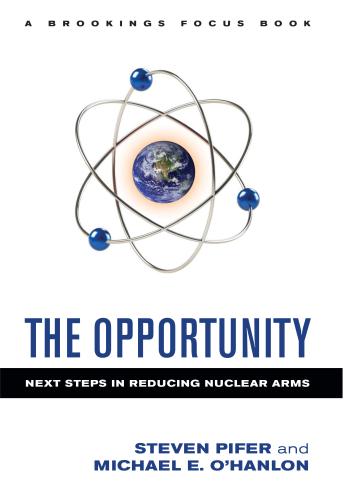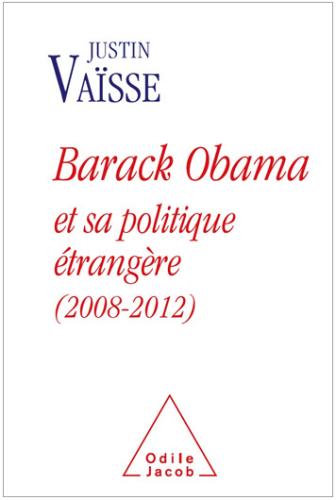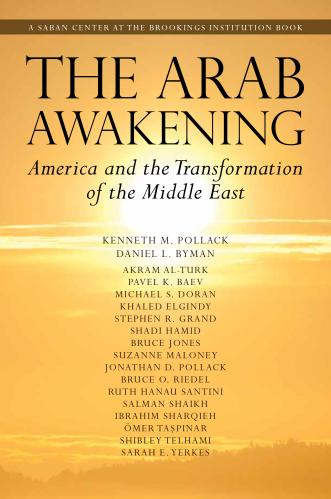Most of the countries in the Mediterranean and North Africa (MENA) region stayed out of the U.S. presidential campaign and avoided taking sides or expressing opinions on Obama’s first term and what a second one might mean for international affairs.
In the past couple of years, many MENA commentators in Washington and elsewhere have expressed disillusionment with the Obama presidency’s foreign policy track record in the region. Three main issues were traditionally pointed out.
The first was the Middle East peace process, which the President tried to accelerate in 2010 by pushing Israel to agree to stop settlement construction, and suffering from a humiliating public refusal from the Israeli leadership. Rather than engaging in secret talks with the two sides, the U.S. diplomacy acted in an over-confident way which alienated the Israeli Prime Minister and much of the political elite and which bore no fruits since it was not followed up by a back-up plan of any sort. The U.S. administration decided to ignore the issue for the remaining two years and leave it to a possible second term.
The second issue was the Cairo speech of June 2009: here again, deeds did not follow words, and relations between the U.S. and the Arab world pretty much remained on the same path, until, alas, the Arab awakening occurred.. This is where the third issue comes into play – U.S. reactions to the revolutionary changes. Despite supporting the changes, many lamented the slow pace of change of tone and the failure to translate this support into substantial economic aid.
However, bilateral relations between the U.S. and Arab awakening countries (Egypt, Tunisia, Libya) are on a good course, while those with Israel have remained problematic.









Commentary
Op-edObama’s Win Viewed from the Middle East
November 7, 2012